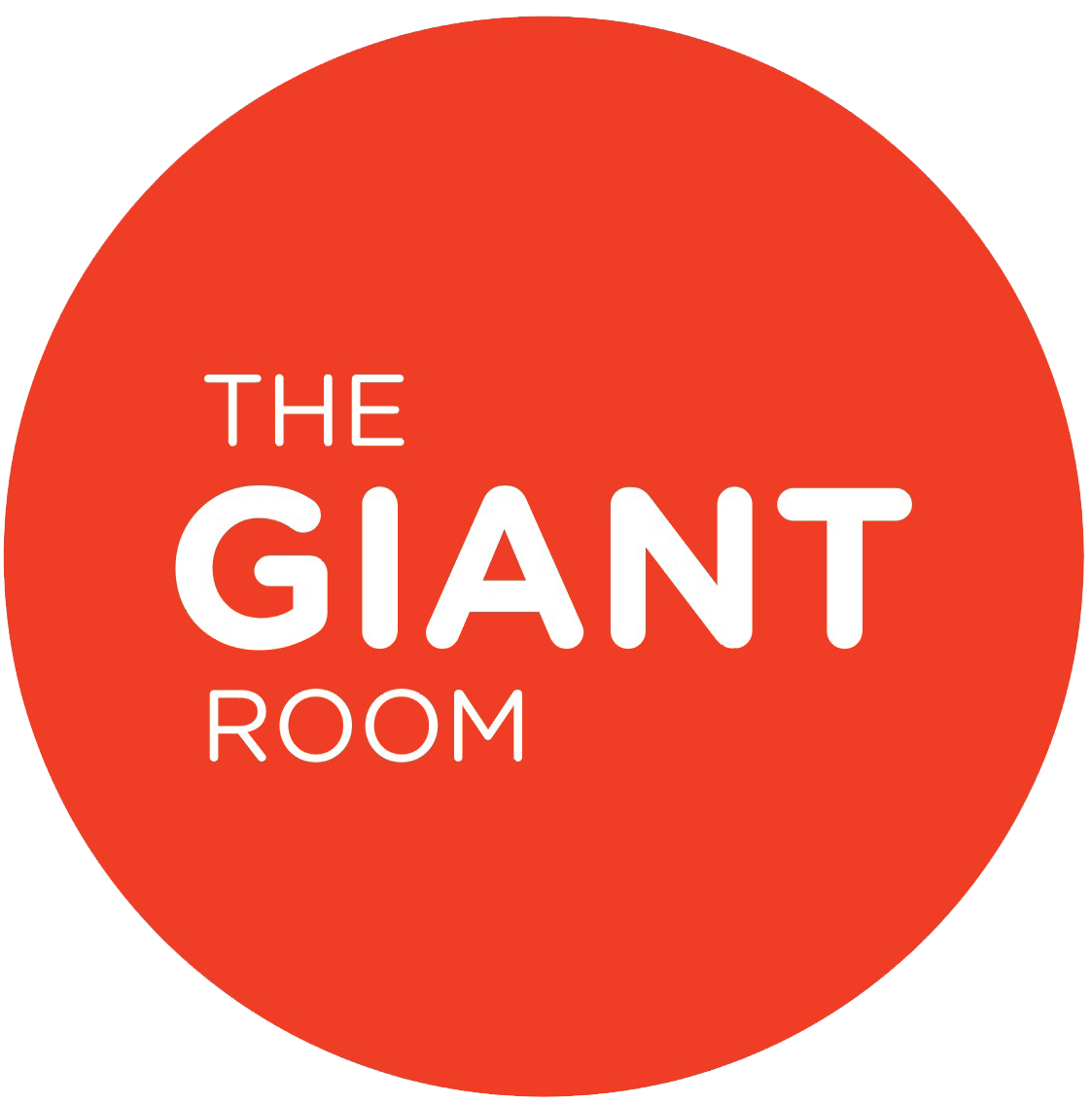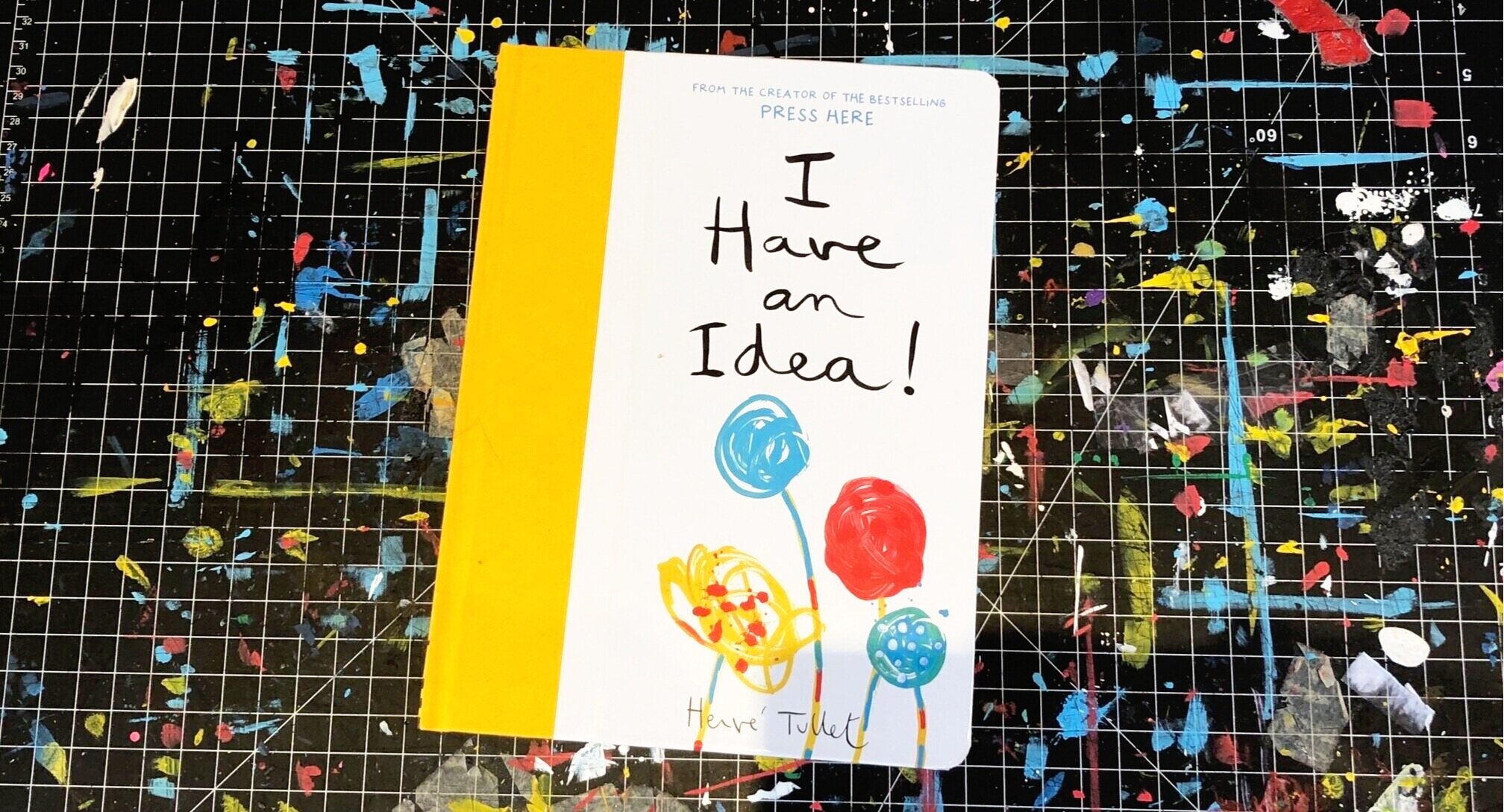I Have An Idea!
Photo Courtesy of herve-tullet.com
Herve Tullet’s book “I Have An Idea!” encompasses those “a-ha” moments that we crave at The GIANT Room. We love to see the excitement and pride in kids as they come up with ideas: from the big picture plans for building a motion sensor octopus, to the small task of flipping around an LED to test their circuitry before starting over.
The book has a simple, yet powerful, message: Herve starts by sharing how magnificent it feels the moment you come up with an idea! Then he continues by describing how “messy”, “fussy”, “bubbly” or even “boring” the process can be - and once you come up with ideas, it takes a lot of work to refine and “cluster” them to finally find a very good idea! Why would you want to go through this process? Sometimes because of the fun of it, and sometimes to change the world!
Research suggests that the act of having ideas can play an influential role in building creative confidence in kids. For example, Eleanor Duckworth’s research states “the having of wonderful ideas is the essence of intellectual development”. But, it is the testing these ideas that is crucial to their cognitive growth.
It’s important to note that “wonderful ideas” don’t always need to be groundbreaking. In order for kids to think outside of the box, they may start by thinking, what we would deem, inside first. When speculated on their own, an idea as simple as using a popsicle stick to support a standing structure, or folding duct tape in half to make a handle begins to build kids confidence in having ideas. The more kids come up with ideas (no matter if they are GIANT or small) and are willing to try them out, the more likely they will be to share and follow through with new ideas in the future that nobody has thought of before.
While reading “I Have An Idea!” encourage your child to express the ideas brewing in their minds. To do this, try out some of the techniques we use at The GIANT Room: Give them a piece of paper to draw on while you read; ask them questions about the illustrations in the book pause of some of the big words and ask them to reflect on their meanings - what does an “idea” mean? “What does it mean when things cluster together?”, and encourage kids to experiment within their environment by providing them the tools to make connections to build, but never the solutions.
We’re so excited to have Herve Tullet join us on November 3 at our Chelsea Hub for a Free Art Workshop. RSVP here. We can’t wait to see you!

